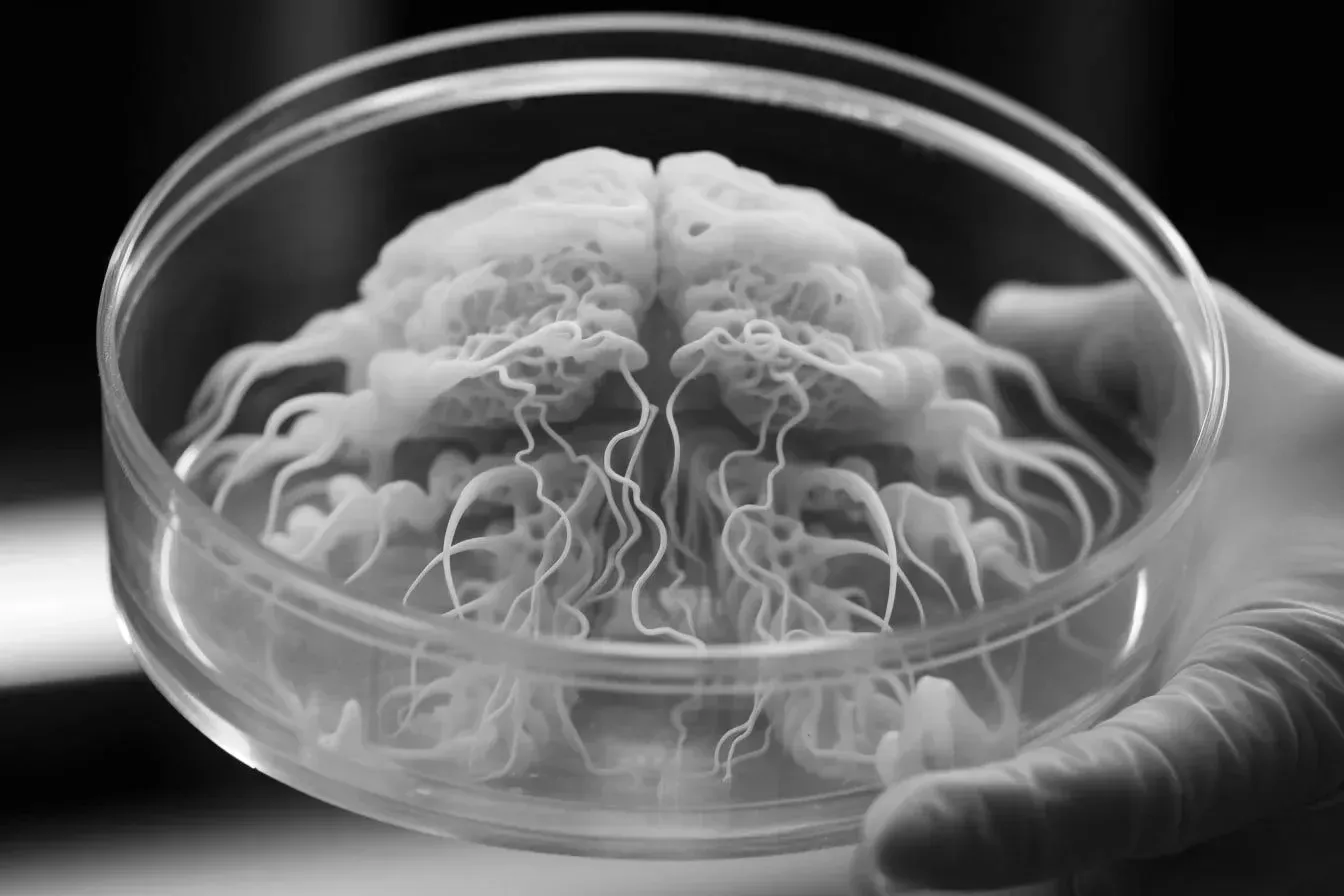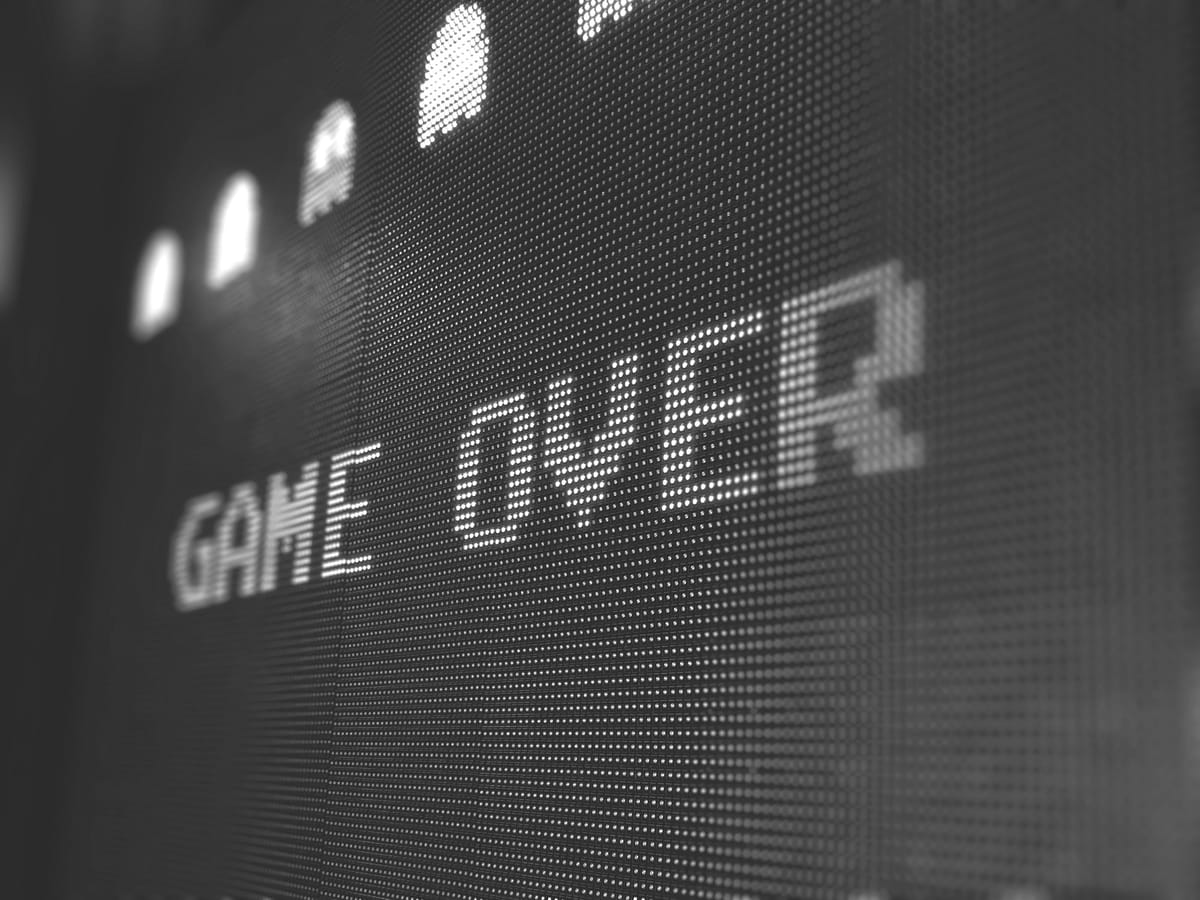Pinky and the Brain
The future truly is now.

The following Elon Musk (whatever you think of him) quote is fairly(?) well known:
"Either we’re going to create simulations that are indistinguishable from reality or civilization will cease to exist, those are the two options."
Now, what does this mean?
For a better understanding, we need to first consider his preceding sentence - which is a lot easier to come to grips with:
"If a civilization stops advancing then that may be due to some calamitous event that erases civilization"
Ok, fine then, but how are these two sentences related?
If we go back even further in the conversation that was part of Recode's Code Conference, we learn that that Musk mentioned the rate of improvement of computer games namely only 40 years between Pong and currently available massively multiplayer online games. He said the following:
"If you assume any rate of improvement at all then games will become indistinguishable from reality."
So, these three sentences, in reverse order of their appearance here, now make sense.
For our discussion we want to focus on that "rate of improvement", or rather "rate of change" as not all change can (subjectively?) be called "improvement" of the human condition.
What is that rate of change? What are the implications for business leaders?
Consider the following: By now a large percentage of digitally connected people are very aware of recent advances in Artificial Intelligence; advances such as ChatGPT, Bard AI, and others. And we are aware that there will certainly be implications. These implications may be positive and/or negative and the negative implications range from personal risks (such as AI being able to perform your work activities) to existential risks to humanity.
While many of us are aware of what is contained in the previous paragraph, there are probably fewer of us that will be aware of many of the other types of work in the broader AI-related space.
One such example is the concept of "Brain / Cerebral / Neural Organoids". Now, the potential implications of this concept (lab-grown neurons derived from human stem cells) are even more petrifying. Can these organoids eventually become conscious? Do they have some type of consciousness already? Can they feel pain? Can they suffer? Well, can we, in fact, use the word 'they' to refer to 'them'. Already, we have reports such as this one: organoids started growing eyes.
Consider this academic paper published about a month ago at nature.com and have a look at this sentence: "Here we report an artificial intelligence hardware approach that uses adaptive reservoir computation of biological neural networks in a brain organoid".
The future truly is now.
All around us there is change. And the rate of this change seems to mimic the rate of change between Pong and Apex Legends - as highlighted by Musk. It is 'fast'. Very fast.
Change is not only to be found at these semi-science-fiction-levels though. Change is also at the fairly mundane levels.
Sixty-minute grocery delivery probably counts as an activity that is 'mundane'. By the end of 2019 60-minute delivery, in South Africa, was the domain of the pioneers. It was written off by business leaders with statements such as "why would you want to sell at a reduced margin?"
Now, only four years later, that industry is worth more billions of Rand (or billions of USD for that matter) than most people would guess.
And Sixty-minute delivery's impact is wide: It, together with other innovations such as a 'better' loyalty offering and through bricks-and-mortar trading approaches, helped Shoprite to a massive number of consecutive months of share gains.
All of us have to respond to change. We must, in fact, drive change (otherwise we will have to catch up - and catching up is often then impossible).
Our businesses will stagnate and die if we don't change. If you don't move, others will. And they will gain from it. Shoprite and Checkers moved and their competitors were too slow to change. Shoprite is eating their breakfast, lunch and dinner now.
Related:



